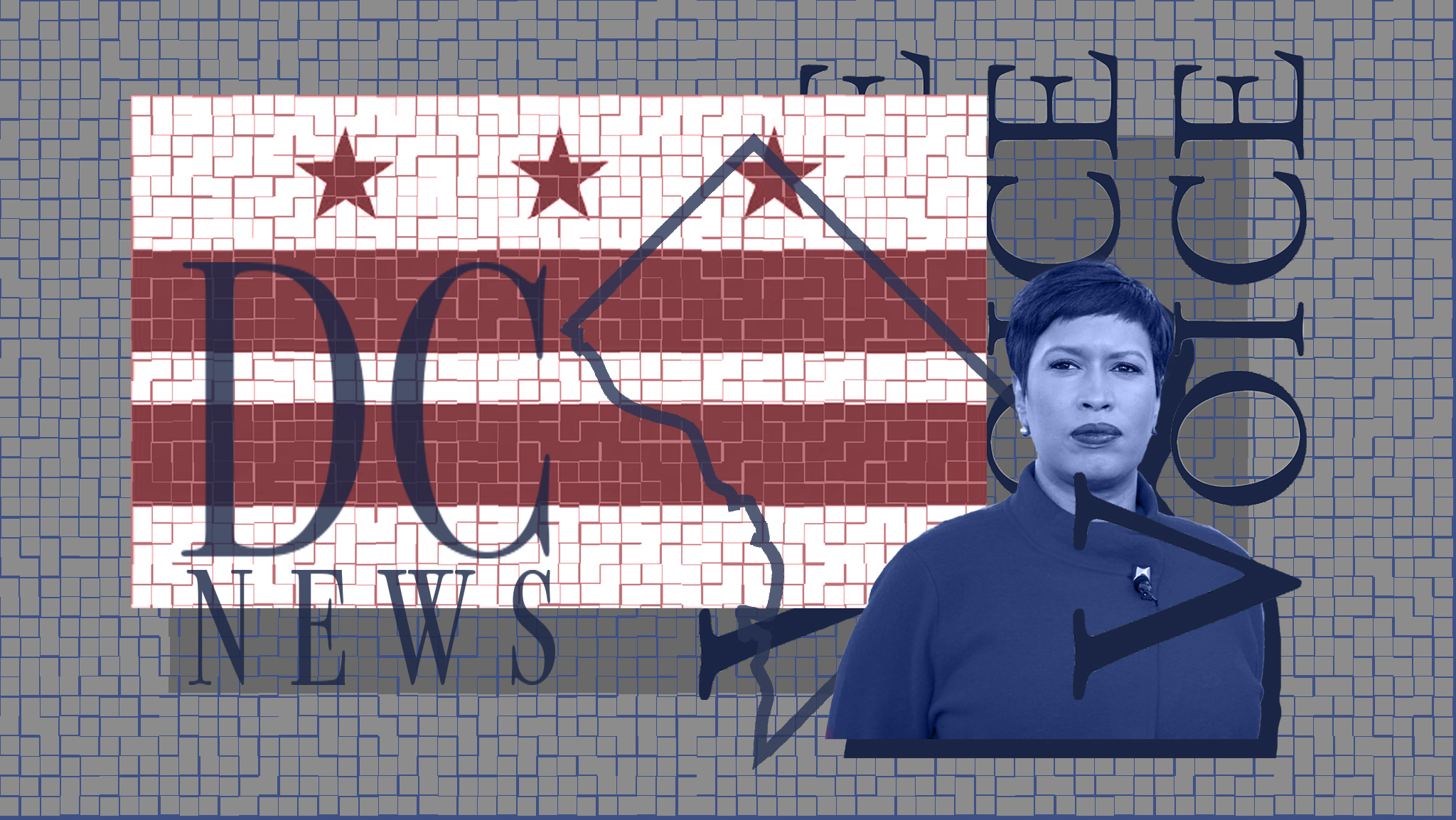When Dr. Jesse Goodman talks to patients who don’t want to get the vaccine, he doesn’t stop at telling them to get vaccinated; Goodman takes it one step further.
“For those that have concerns, I’ll say, ‘What are your questions?’ and answer those based on science and give people provision to reason their own way through this,” Goodman, professor of medicine at Georgetown University, said in an interview with the Voice. “It’s one of many gulfs in society, but it’s one we can make progress on.”
Many of these anti-vaccine supporters joined thousands of anti-mandate protesters at the National Mall on Jan. 23 to protest vaccine and mask mandates, many wearing former President Donald Trump merchandise and holding signs with false information.
Protesters, holding signs that read “No ‘Fauci Ouchi’ mandates” and “I have natural immunity,” listened to speakers like anti-vaccine leaders Robert F. Kennedy compare the COVID-19 pandemic and mask mandates to Nazi Germany and the former U.S.S.R. While the march did not result in arrests or incidents, about ten Proud Boys engaged in a shouting match with counter-protesters.
According to Goodman, some of the false information touted by anti-vaccination supporters ranges from claiming that the vaccine is actually a microchip to misconceptions about the mRNA vaccine causing COVID-19. These claims, among many others, have been systematically disproven by health experts.
“Vaccine misinformation is what’s driving a lot of this sentiment, the beliefs that are anywhere from understanding mistrust of government and industry to frankly conspiratorial beliefs that seem ridiculous to us,” Goodman said. “This is a very serious problem, and we can’t get around it by shouting at each other or just one side viewing the other with complete negativity.”
The protest comes as nationwide deaths surpass 800,000 and infections continue to rise in the District. Although new infections have fallen significantly in the last seven days, D.C. hospitals have been struggling to respond to the surge in cases caused by the Omicron variant. Some hospitals are operating at only 75 percent staffing capacity due to COVID-related isolation and leave; at the same time, emergency rooms are overwhelmed with new COVID-19 patients.
“Hospitals are still pretty stressed. Doing these common sense things that D.C. is asking residents to do, like wearing masks in indoor settings and avoiding large events and things like that, will further help reduce any risk that students in the community bring,” Goodman said.
To reduce the strain on hospitals, Mayor Bowser extended the indoor mask mandate to Feb. 28 and continued the limited public health emergency, which grants hospitals further flexibility in patient treatment. All government employees, including D.C. Public Schools staff, will have to be vaccinated by Feb. 5, and D.C. government employees will have to be vaccinated by March 15.
The District’s population is nearly 70 percent vaccinated with at least one dose, placing the city 17th compared to other states and territories.
Two days after the protest, a student-led organization called Students for Safe Learning planned a walkout advocating for more KN-95 and N-95 masks, a temporary shift back to virtual learning, working HVAC systems, and deep cleanings of schools.
“As a student that works hard to maintain a good standing, I feel like my safety should be a priority,” one D.C. public school student wrote in a statement on the organization’s Instagram. “It would break my heart if I were to catch COVID and bring it home to my family because of an inadequate system of ensuring my safety.”
As Georgetown students return to in-person learning, COVID-19 rates have continued to fall while students move back to campus in January, matching the local trend.
“It’s just so important, for healthcare professionals but also students, to educate themselves and meet people where they are—answer their questions, have the dialogue about this, not just shouting about this,” Goodman said. “People really need to feel they’re empowered to make their own decisions, but to the extent that we can share our experiences and our knowledge, that can be very helpful.”





